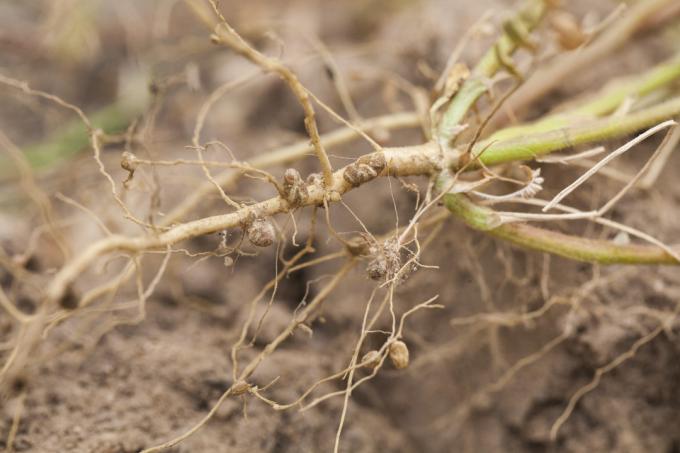biomass is the name given to biological mass production base of energy from the decomposition of organic waste. Among the "fuels" that can be extracted from this process is methane gas.
The concept of biomass became popular at the end of the 20th century and beginning of the 21st century, with the emergence of the concern to improve techniques for production and exploration of renewable energy sources, due to the evident scarcity of traditional resources, such as oil and coal mineral.
Learn more about Definition of non-renewable energy.
Biomass can be made up of substances of animal or vegetable origin, such as fruit peel, manure, wood, food waste, agricultural and forestry residues, among other organic materials.
In fact, biomass has been present in society since the beginning of human history, when human beings used the heat from burned wood to produce energy.
Due to the way it is obtained, biomass is classified as a renewable energy source, that is, it never runs out; inexhaustible.
The entire energy production process from biomass has a very small impact on the atmosphere, if it is done with control. Through special plants, the burning of biomass produces gases that, in turn, are transformed into energy.
Biomass can also be used as a food source. The production of edible biomass takes place through the process of cooking the fruit or vegetable, which is then transformed into a biological dough that can be used in various recipes, such as cakes or brigadeiros de biomass.
Advantages and Disadvantages of Biomass
Among the main benefits in using biomass as an alternative energy source, the following stand out:
- It produces less pollutants, being considered a "clean energy";
- It can be easily transported;
- Applicable in many places with ease;
- Inexhaustible source of raw material;
- Low operating cost;
- Reuse of organic solid waste thrown in garbage;
- It has a high energy efficiency;
the main disadvantage in a biomass production system, if there is no correct control during production, it is the logging unrestrained and loss of soil nutrients due to improper cutting of wood for use as firewood.
Excessive emission of CO2, carbon dioxide that originates from wood combustion can be harmful to the environment.
Biomass in Brazil
Due to its large territorial extension and variety of rich spaces for the cultivation of agriculture, Brazil becomes a powerful candidate for the world's largest producer of biomass.
According to data from the National Biomass Reference Center of the University of São Paulo (USP), Brazil in 2014 it reached the mark of almost 10% of the entire national energy matrix produced exclusively with the biomass.
Sugarcane bagasse and forest residues are the most used raw materials in production Brazil, mainly for the production of so-called biofuels, such as biogas, biodiesel, bio-oil and etc.
See also the Definition of Renewable Energy.



